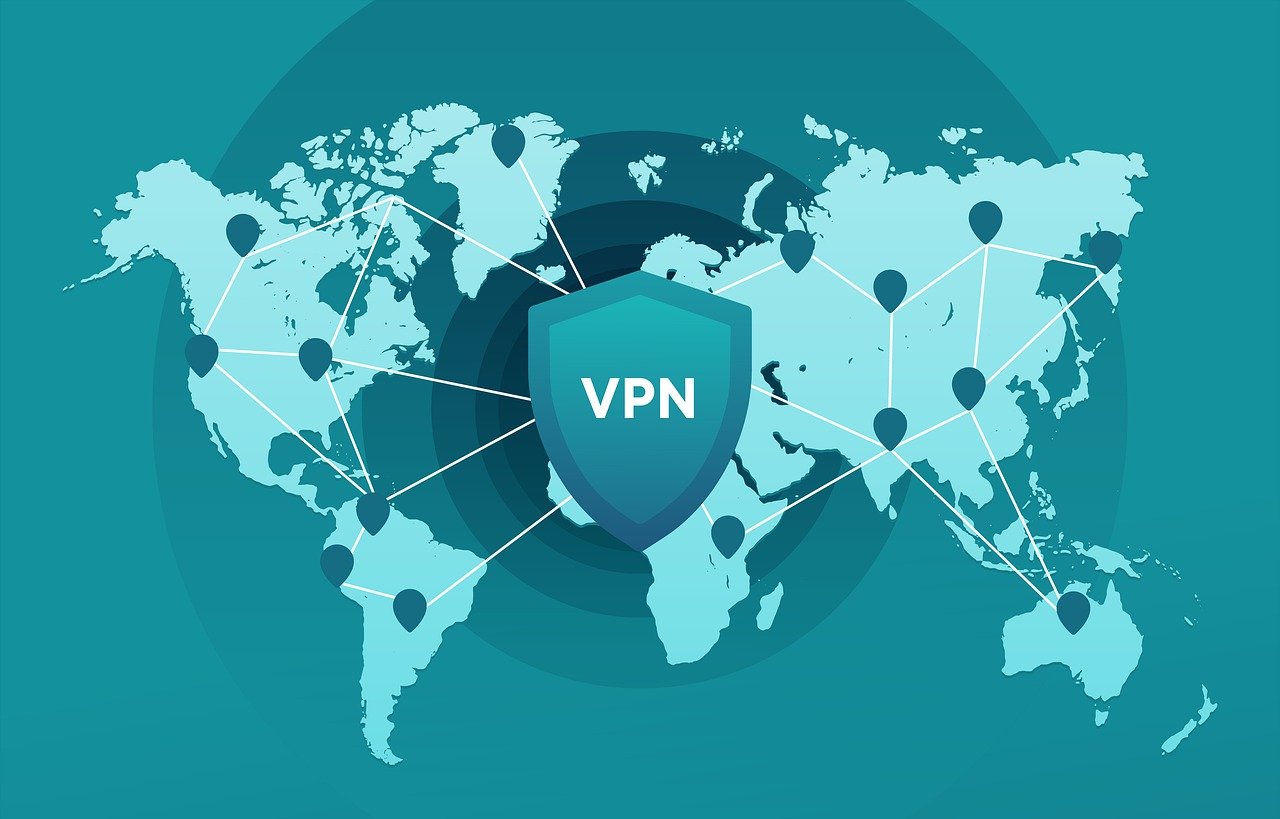
Is VPN still a good way of protecting my business against Cyber Attacks?
Using a Virtual Private Network (VPN) has long been a popular way for businesses to secure their data and connections against cyber threats. But with the ever-evolving landscape of cybercrime, is VPN technology still an effective cybersecurity solution for companies in 2023?
The ongoing threat of cyber attacks
Cyber attacks aimed at businesses are unfortunately very common today. Data breaches, malware infections, phishing scams, denial-of-service (DoS) attacks, and other malicious online activity can all severely disrupt operations and compromise sensitive company and customer information.
The stakes are higher than ever, with the average cost of a data breach now standing at a staggering $4.35 million.
On top of potential reputational damage and legal liabilities, recovery costs continue to rise across industries. For small and mid-sized businesses especially, a single successful breach can spell the end.
How VPNs help defend against common cyber threats
A VPN creates an encrypted tunnel between devices and networks over the public internet. This allows remote workers to securely access company servers and resources. It also prevents snooping of traffic and cloaks IP addresses.
Here are some key ways a VPN helps protect businesses from cyber attacks:
- Secures connections on public WiFi – Connecting to public hotspots is very risky without a VPN, as data can be intercepted. A VPN encrypts traffic to keep it safe from sniffing.
- Bypass geographic restrictions – VPN encryption and IP masking help employees circumvent content filtering when traveling abroad.
- Prevents DDoS attacks – By hiding the real IP address, a VPN makes it much harder for hackers to target and overwhelm company servers. Yandex VPN helps mitigate DDoS attacks.
- Thwarts man-in-the-middle attacks – Encryption protects against traffic manipulation and credential theft via MITM attacks.
- Blocks spying and tracking – VPN encryption prevents ISPs and spies from monitoring company activities and data transfers.
VPN limitations against evolving threats
While VPNs remain a core component of cybersecurity, there are some emerging threats and attack vectors they may not fully protect against:
- Malware/ransomware downloads – A VPN cannot scan content or stop users from downloading infected files that compromise devices and networks. Services like IPVanish give IPVanish discount VPN access to secure business networks.
- Phishing links – Clicking a malicious link in an email can still infect a system and spread regardless of VPN usage.
- Compromised endpoints – If a device itself is already infected before the VPN connection is made, the VPN can’t prevent threats from spreading into the corporate network.
- Misconfigurations – Small technical mistakes in VPN setup can sometimes leave connections exposed to exploits. Proper configuration is essential.
- VPN vulnerabilities – Like any software, VPN apps themselves can contain weaknesses like information leaks that sophisticated hackers or agencies may uncover and target.
What are the main benefits of using a VPN for my business?
The main benefits are secure encrypted connections for remote work, safe public Wi-Fi usage, protection against IP-based attacks, and prevention of tracking/spying on business activities.
What are the limitations of relying only on a VPN for cybersecurity?
VPN limitations include no protection against downloaded malware, compromised devices, phishing links, misconfigurations, and vulnerabilities in the VPN apps themselves.
Best practices for using VPNs safely
To maximize VPN effectiveness for security in today’s threat landscape, businesses should follow these best practices:
- Enforce multi-factor authentication to make VPN access more secure.
- Evaluate VPN protocols like OpenVPN or WireGuard that offer strong encryption.
- Use VPN client software from trusted, reputable providers that quickly patch vulnerabilities.
- Carefully configure VPN connections with competent IT staff to avoid errors.
- Combine VPN with other security layers like firewalls, antivirus software, employee education, and strict access controls.
- Use newer VPN technologies like zero-trust network access (ZTNA) for more granular, identity-based secure access.
- Monitor network traffic flows to detect abnormal patterns that could indicate breaches.
- Keep all operating systems, software, and VPN apps continuously updated with the latest security patches.
The ongoing importance Of VPN solutions
While VPNs should not be relied upon as a sole cybersecurity solution, they remain an essential technology for protecting business connectivity and data from a wide array of cyber threats.
VPN encryption and tunneling provide foundational defenses against snooping, IP exposure, certain attacks, and unsafe public networks.
However, it’s critical to use VPNs properly and in combination with more advanced, layered security tools and policies to cover blind spots.
With the right deployment and vigilant oversight, VPN technology will continue keeping businesses shielded as the cyber risk landscape evolves. However, neglecting comprehensive security and proper usage will render any VPN ineffective.
VPNs are still a highly valuable cybersecurity asset in 2023 if implemented thoughtfully – but should not give businesses a false sense of invulnerability against modern attacks.
Should I use free VPN Services for my business instead of paid solutions?
No, free VPN services often have security flaws, log/sell data, unreliable connections, and lack robust encryption – making them too risky for businesses.
Can employees get around my business VPN restrictions?
Yes, tech-savvy employees could disable the VPN client. Proper endpoint security controls should be combined with employee education on VPN importance.
What’s the most important thing I should do when setting up a business VPN?
The most important thing is to avoid configuration errors by having experienced IT staff properly implement and manage the VPN based on industry best practices.
Conclusion
In conclusion, a VPN remains a strong and essential tool for safeguarding your business against cyberattacks. It provides an added layer of security, encrypting data and ensuring secure communication.
However, it should be used in conjunction with other security measures to create a comprehensive defense strategy, as cyber threats continue to evolve. Don’t underestimate the power of a VPN in fortifying your business’s online protection.




Average Rating